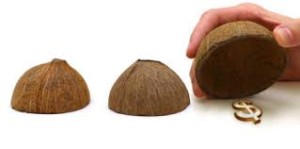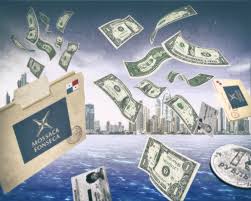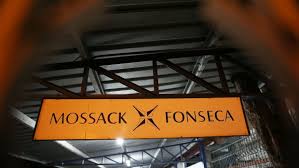Panama Papers: Looking Below the Headlines
 The media loves a scandal. In the banking and compliance world, the latest scandal to hit the media was the Panama Papers.
The media loves a scandal. In the banking and compliance world, the latest scandal to hit the media was the Panama Papers.
The Panama Papers is surprising in scope – Panama has become the favorite financial haven for money launderers, PEPs and other miscreants. We have all seen this in the business world as Panamanian banks grew in rapid fashion. As the Cayman Islands, Switzerland and other havens were restricted, new ones were found. Panama became the new, attractive alternative.
A massive leak of 11.5 million records revealed offshore holdings of world leaders, and approximately 214,000 offshore entities connected to people all over the world. At the center of the controversy were law firms and major financial institutions. Over 30 of the individuals were on OFAC’s Specially Designated Nationals list. The customers included a list of drug traffickers, terrorists, political leaders (present and former), sports stars, celebrities and billionaires. The Panama Papers confirmed what we already know – there is a massive industry dedicated to helping criminals, terrorists and big shots hide their money in offshore accounts
The Panama Papers highlight again the importance of stripping through layers of corporate ownership, partnerships, and other devices designed to cloak the beneficial owners. Due diligence is challenging enough but know everyone faces even greater challenges to confirm beneficial owners through layers of corporate owners.
Corruption depends on hiding proceeds, and for years, foreign officials have been pretty adept at moving funds around and avoiding government investigators. As law enforcement pushes for increased global transparency, shell companies and other tactics will become easier to understand and prove. But we have a long way to go. Right now, the terrorists and criminals are manipulating the system to gain access to financial institutions and cloak their ownership interests.
It is interesting to note the disparate treatment that often depends on the amount of money. A known PEP or person affiliated with a foreign leader who brings large amounts of money to a bank through a shell company is often accepted by financial institutions, while customers, such as MSBs and other smaller financial institutions are denied access in the name of “de-risking.” What is readily apparent from the Panama Papers scandal is that access to banks from risky customers depends on the amount of illegal money being offered to the bank. That certainly looks like the case in Panama.
The absence of any significant US companies or individuals being named in the Panama Papers will not stop Congress from condemning shell companies and money launderers. US regulation of beneficial ownership is way behind the curve, especially in comparison to the UK where financial transparency requirements are stronger and more comprehensive.
FinCen’s modest proposals to require disclosure of beneficial ownership by US account holders is still pending as financial institutions continue to negotiate with the government. Interestingly, financial institutions have to be careful how they argue the issue since anti-corruption due diligence and sanctions compliance requirements already dictate that companies and financial institutions identify beneficial ownership to ensure compliance in these related areas.
 In the aftermath of the Panama Papers scandal, I am sure that the government will push for stringent beneficial ownership disclosure requirements. Financial institutions will push back claiming regulatory burdens, and the US will make incremental changes. That is the way the system works.
In the aftermath of the Panama Papers scandal, I am sure that the government will push for stringent beneficial ownership disclosure requirements. Financial institutions will push back claiming regulatory burdens, and the US will make incremental changes. That is the way the system works.
As law enforcement agencies around the world look through the Panama Papers, I am sure there will be a number of links to corruption scandals in Russia, Uzbekistan, China, Pakistan, India Azerbaijan, and many others. We have not heard the last of this scandal, and hopefully this will lead to greater international pressure on countries and financial institutions to implement greater transparency to break through the layers of shell companies and other tactics used by criminals to hide criminal proceeds.















